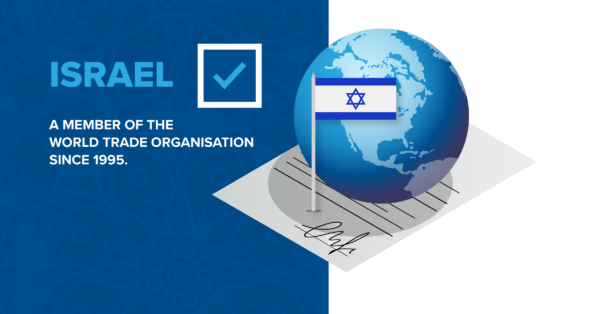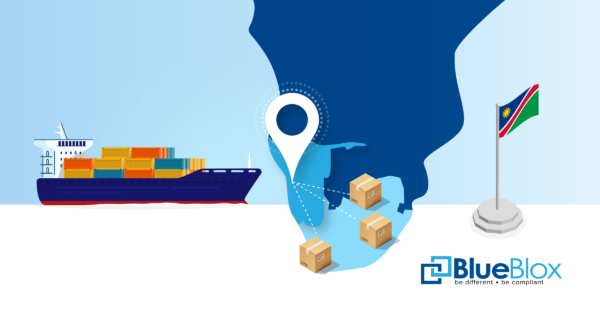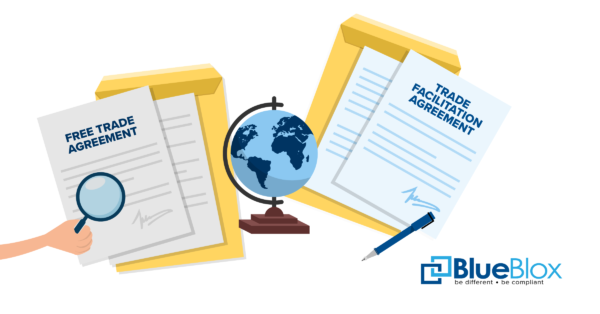African governments require various tax revenue sources to spur their economic growth. Many African countries rely heavily on corporate income taxes as well as trade-related taxes for their revenue.

However, the current Covid-19 pandemic has significantly affected the revenue gains of these countries due to the slow of business both locally and internationally.
As it is in the other part of the world, African countries also started to look into taxing digital businesses as the Covid-19 crisis is pushing millions of users to online platforms to purchase items that they need for their business or personal consumption. Although there are African based online platforms that facilitate such services, the majority of the service givers do not have a physical presence in most of the African countries. The majority of these multinational companies are from the developed world.
Why do Africans need to actively participate in global digital taxation negotiations?
Recently, the United States moved to pause the O.E.C.D. negotiation on international taxation of the digital economy. This might force other key players such as the EU to take unilateral action and develop a new proposal at the EU level.
One of the key issues that have not been yet resolved in the O.E.C.D negotiation is the issue of how to tax e-commerce particularly in countries where companies sell goods but have no physical presence. Many of the multi-national e-commerce platforms do not have a physical presence in most of the African countries.
Though different African countries attempted to introduce tax measures such as excise duties on the digital transaction and impose equalization levies that target the profits made by non-resident e-commerce companies, it is difficult to force these companies to pay the digital tax as they do not have a physical presence in these countries. This is the reason why it would be important for Africa to actively engage and influence the outcome of the digital tax negotiation at the O.E.C.D in order to seek intergovernmental cooperation that forces companies to pay digital taxes.
However, this negotiation appears to be dominated by the developed world. Also, the G20 states and the OECD members have given much-needed attention to the digital tax debate at the highest political ranks, Africa is mainly represented at the digital tax negotiation by the revenue authority representatives.
It will only be reasonable for African countries to have one voice through the African Continental Free Trade Agreement and the African Union to devise an African solution to taxing the digital economy. Moreover, some African countries are already negotiating Free Trade Agreements with the developed world that includes e-commerce and digital trade which might require thinking ahead about digital taxation. It is about time for Africa to seriously think about how to tax commerce that takes place online.
If you need any support in how to interpret and implement trade-related international agreements, BlueBlox is your trade compliance consultancy house, offering a comprehensive approach to trade compliance for countries in Africa, Eastern Europe, and the Middle East.
For more info on how we can assist your business, please do not hesitate to reach out to us at hello@blueblox.ch





